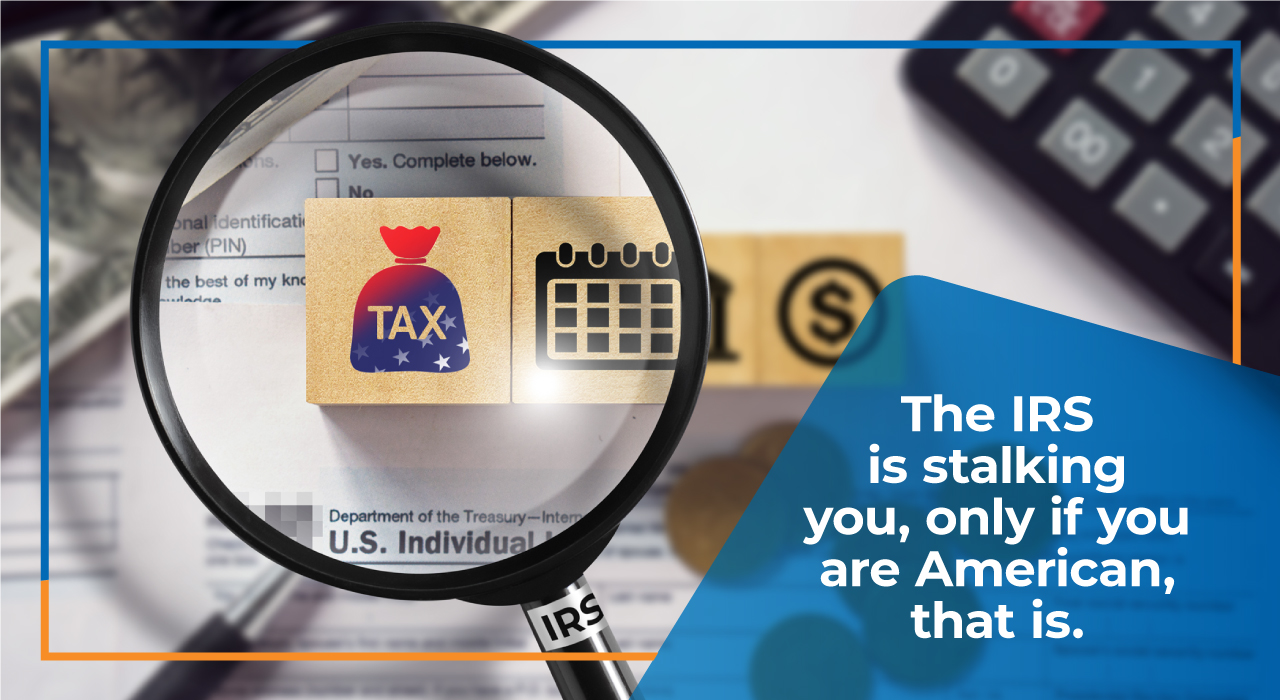Dubai is a thriving city that has transformed itself into a global business hub in the past few decades. Entrepreneurs and small business owners are attracted to the city for its tax-free status, low bureaucratic barriers, and strategic location. Starting a small business in Dubai can be a lucrative venture, but it requires careful planning, research, and execution. In this article, we’ll discuss Dubai small business setup process along with the steps involved.
How to set up a small business in Dubai
Starting small can take on many forms, from providing consultation services from desk space to opening a tea stall near a parking lot or even opening a grocery store. Regardless of where you are in Dubai, small business opportunities are plenty if you have the right plan. However, there are critical factors that one must consider before embarking on a small business venture in the UAE.
1. Determine Your Business Idea and Type of Business
Before you start your small business in Dubai, it’s essential to have a clear business idea that can succeed in the city’s competitive market. This idea should be based on your skills, interests, and the needs of the market. Some popular businesses in Dubai include tourism, construction, retail, and professional services. Once you have a business idea, you need to decide on the type of business entity you want to set up.
In Dubai, there are several types of business entities, including:
- Limited Liability Company(LLC)
- Sole Proprietorship
- Partnership
- Branch of a Foreign Company
- Free Zone Company
Each type of business entity has its advantages and disadvantages, and you should carefully consider the legal and financial implications of each one before making a decision.
2. Conduct Market Research
Market research is a crucial step in starting any business. It involves gathering and analysing information about your target market, competition, and industry trends. You should research the demand for your product or service, the behaviour of your target customers, and the pricing strategies of your competitors. This information will help you develop a business plan and a marketing strategy.
3. Develop a Business Plan
A business plan is a formal document that outlines your business goals, strategies, and financial projections. It should include a description of your business, the target market, your products or services, pricing, marketing strategies, and financial projections. A well-written business plan can help you secure funding from investors, banks, or other financial institutions.
4. Choose a Business Name and Register Your Business
Once you have a business plan, you need to choose a business name and register your business with the relevant authorities. The name of your business should be unique, memorable, and easy to pronounce. You can check the availability of your preferred name on the Dubai Department of Economic Development (DED) website. You will also need to obtain a trade licence from the DED or a free zone authority.
5. Obtain the Necessary Permits and Licences
To operate a small business in Dubai, you need to obtain several permits and licences, depending on the type of business and industry. Some of the most common permits and licences include:
Commercial Licence: Required for all types of trading activities
Professional Licence: Required for service-oriented businesses
Industrial Licence: Required for manufacturing or industrial businesses
DED Establishment Card: Required to hire employees and sponsor their visas
Chamber of Commerce Membership: Required for international trade
You should research the specific permits and licences required for your business and apply for them early in the process.
Here are some of the basic documents you would have to keep handy while applying for a small business licence in Dubai:
- Business plan
- Relevant government forms duly filled
- Memorandum of Association (MOA)
- Trade name reservation certificate
- Initial approval certificate
- Passport copies of partners (if applicable)
- Visa page copies
- Emirates IDs
- A copy of Ejari (tenancy contract)
6. Secure Funding
Starting a small business in Dubai can be expensive, and you will need funding to cover your start-up costs and initial operating expenses. Some of the common sources of funding for small businesses in Dubai include:
Personal Savings: Using your own funds to finance your business is a common option for small business owners.
Bank Loans: You can apply for a business loan from a bank or financial institution.
Angel Investors: Angel investors are wealthy individuals who invest in early-stage businesses in exchange for equity.
Venture Capitalists: Venture capitalists are professional investors who provide funding to start-ups in exchange for equity.
7. Set up Your Office or Workspace
Depending on the nature of your business, you may need to set up an office or workspace. Dubai offers a wide range of commercial and residential properties, and you should research the different options and compare their prices, locations, and facilities. If you plan to set up a physical store, you need to comply with the local regulations for commercial spaces, such as obtaining a fire safety certificate and complying with zoning laws.
8. Open a Business Bank Account
Once you have obtained the necessary permits and licences, you need to open a business bank account. Having a separate business account can help you keep track of your finances and facilitate transactions with clients and suppliers. You should research the different banks in Dubai and compare their offerings, fees, and services to choose the best option for your business.
9. Hire Employees
If you plan to hire employees for your business, you need to sponsor their visas and obtain a DED Establishment Card. The visa process can be time-consuming and complicated, and it is advisable to seek the services of a professional PRO (Public Relations Officer) or a business setup consultant to help you navigate the process. You also need to comply with labour laws and Dubai small business regulations, which govern issues such as working hours, compensation, and benefits.
10. Ensure Compliance with the Legal & Regulatory Framework
Running a small business in Dubai requires complying with the legal and regulatory framework, which can be complex and subject to frequent changes. It is essential to stay up-to-date with the latest regulations and laws that govern your business, such as taxation, labour laws, and business licensing. You should seek the advice of a legal or financial professional to ensure that you comply with all the requirements and avoid any legal issues.
Conclusion
Starting a small business in Dubai can be a complex and time-consuming process, but with the right guidance and support, it can also be a rewarding and profitable venture. As outlined in this article, there are several steps involved in setting up a business in Dubai, including obtaining the necessary permits and licences, complying with the legal and regulatory framework, and promoting your business.
For those who are unfamiliar with the local laws and regulations, or who simply want to streamline the process, hiring a professional accounting firm can be a wise choice.
At Nair & Nelliyatt Chartered Accountants, we have a team of accounting experts who are well-versed in the local laws and regulations and can help you navigate the complexities of the Dubai small business setup process. We can also provide support and advice in matters of financial management, bookkeeping, and tax compliance, allowing you to focus on growing your business and achieving your goals. Furthermore, by availing our services, you can save time, reduce costs, and minimise the risks associated with starting a small business in Dubai.
Contact us today at info@nn-ca.com or give us a call at +97143577678 to learn more about how we can help you achieve your business goals in Dubai.
Finding our Accounting & Bookkeeping content interesting?
world-class services.
THE FIRST CONSULTATION IS FREE!




